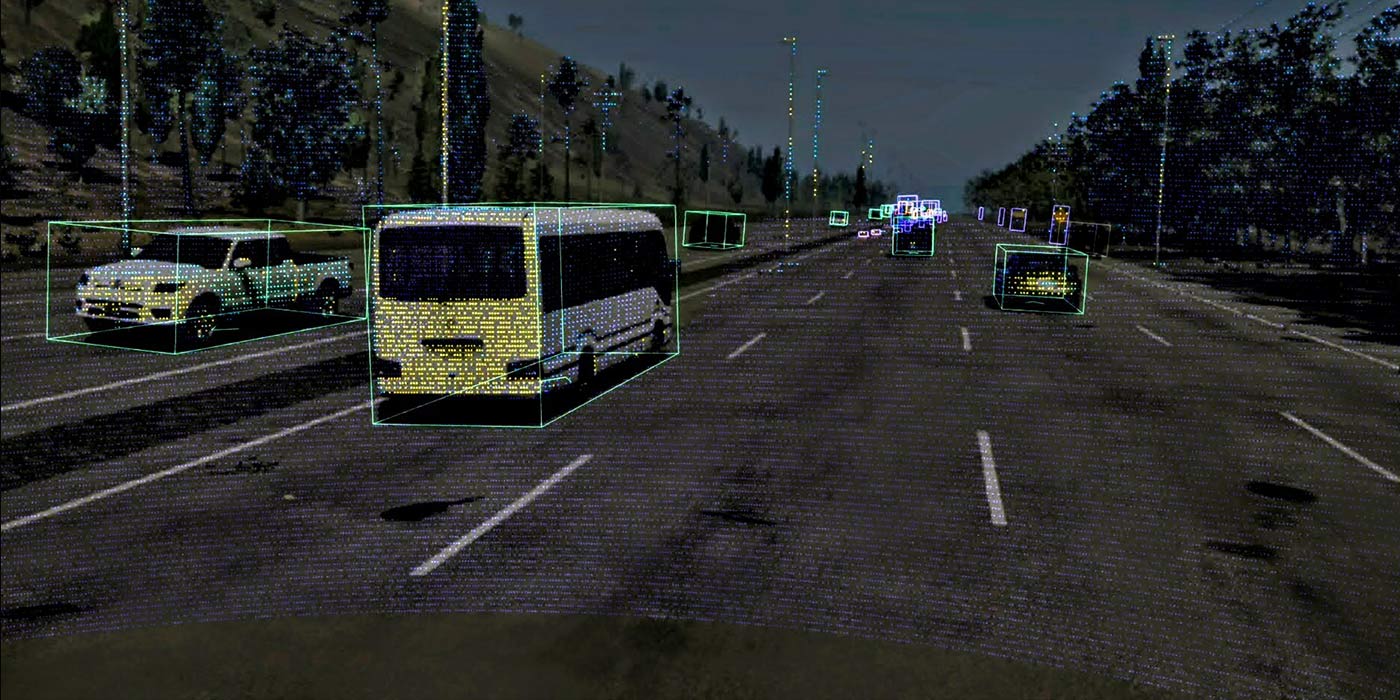WASHINGTON, D.C. — The U.S. Department of Transportation (DOT) yesterday released results of its 10-month study of potential electronic causes of unintended acceleration in Toyota vehicles. According to the NHTSA report, NASA engineers found no electronic flaws in Toyota vehicles capable of producing the large throttle openings required to create dangerous high-speed unintended acceleration incidents. The two mechanical safety defects identified by NHTSA more than a year ago – “sticking” accelerator pedals and a design flaw that enabled accelerator pedals to become trapped by floor mats – remain the only known causes for the unintended acceleration incidents, according to the administration. 
In 2009 and 2010, Toyota recalled nearly 8 million vehicles as part of the sticky pedal and pedal entrapment recalls. The automaker also paid $48.8 million in civil penalties as the result of NHTSA investigations into the timeliness of several safety recalls last year. Across the industry, automakers voluntarily initiated a record number of safety recalls in 2010.
The National Highway Traffic Safety Administration (NHTSA) launched the 10-month study last spring at the request of Congress, and enlisted NASA engineers with expertise in areas such as computer controlled electronic systems, electromagnetic interference and software integrity to conduct new research into whether electronic systems or electromagnetic interference played a role in incidents of unintended acceleration.
“We enlisted the best and brightest engineers to study Toyota’s electronics systems, and the verdict is in. There is no electronic-based cause for unintended high-speed acceleration in Toyotas," U.S. Transportation Secretary Ray LaHood declared yesterday.
In conducting its study, NASA engineers evaluated the electronic circuitry in Toyota vehicles and analyzed more than 280,000 lines of software code for any potential flaws that could initiate an unintended acceleration incident. NASA hardware and systems engineers also examined and tested mechanical components of Toyota vehicles that could result in an unwanted throttle opening, at the Goddard Space Flight Center in Maryland, according to the NHTSA report. At a special facility in Michigan, NHTSA and NASA engineers reportedly “bombarded” vehicles with electromagnetic radiation to study whether such radiation could cause malfunctions resulting in unintended acceleration. NHTSA engineers and researchers said they also tested Toyota vehicles at NHTSA’s Vehicle Research and Test Center in East Liberty, Ohio, to determine whether there were any additional mechanical causes for unintended acceleration and whether any of the test scenarios developed during the investigation could actually occur in real-world conditions.
"NASA found no evidence that a malfunction in electronics caused large unintended accelerations," said Michael Kirsch, principal engineer at the NASA Engineering and Safety Center (NESC).
While the testing found no electronic cause for unintended acceleration incidents in Toyota vehicles, or any new mechanical causes beyond sticking pedals and accelerator pedal entrapment, NHTSA says it is considering taking several new actions as a result of the findings, including a proposal to require brake override systems, to standardize operation of keyless ignition systems and to require the installation of event data recorders in all passenger vehicles by the end of 2011. NHTSA said it also wants to begin broad research on the reliability and security of electronic control systems; and research the placement and design of accelerator and brake pedals, as well as driver usage of pedals, to determine whether design and placement can be improved to reduce pedal misapplication.
“While today marks the end of our study with NASA, our work to protect millions of American drivers continues,” said NHTSA Administrator David Strickland. “The record number of voluntary recalls initiated by automakers last year is also very good news, and shows that we can work cooperatively with industry to protect consumers."
In response to NHTSA’s report, Steve St. Angelo, Toyota’s chief quality officer for North America, said, “Toyota welcomes the findings of NASA and NHTSA regarding our Electronic Throttle Control System with intelligence (ETCS-i) and we appreciate the thoroughness of their review. We believe this rigorous scientific analysis by some of America’s foremost engineers should further reinforce confidence in the safety of Toyota and Lexus vehicles. We hope this important study will help put to rest unsupported speculation about Toyota’s ETCS-i, which is well-designed and well-tested to ensure that a real world, un-commanded acceleration of the vehicle cannot occur.
“We will continue to develop and equip Toyota and Lexus vehicles with industry-leading safety technologies, including many based on breakthroughs in sophisticated electronics systems. We will also continue to cooperate fully with NHTSA and respected outside experts in order to help ensure that our customers have the utmost confidence in the safety and reliability of our vehicles. Everyone at Toyota – all 30,000 of our team members in the United States and the many thousands of Americans at our dealers and suppliers across the country – is focused on listening to our customers and constantly improving our products and service.”
To read the full report from NHTSA and view more details, click here.










